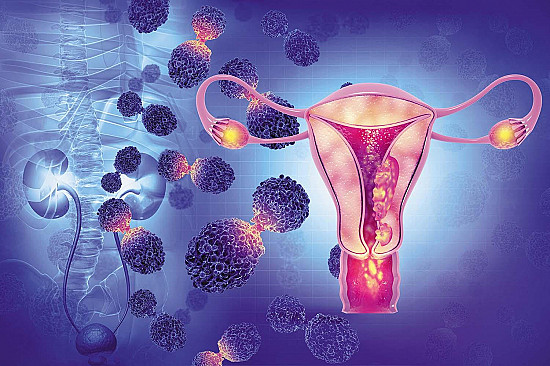Alternative therapies for cancer

You may have seen the ads in the Sunday paper or on TV: "Try this all-natural remedy! Thousands already have!"
Some of these ads grab your attention with the headline, "Here's something your doctors don't want you to know." I highly doubt that your doctor is interested in keeping secrets from you, especially if there was something safe and effective that could improve your health. In addition, the treatments promoted in these ads are typically untested, unproven, and largely unregulated.
While I rarely object to my patients pursuing "alternative remedies" that seem safe, I am concerned when the ads suggest that you can "throw away all those pills" your doctor recommended because the advertised treatment will make them unnecessary. That always seemed like a hazardous claim. A new study suggests that there is danger in relying on unproven treatments over those that have been well-tested.
The new study on alternative cancer treatments
Researchers analyzed data from nearly two million patients with cancer treated at accredited medical centers throughout the US. They only included patients with cancers of the breast, lung, colon, or prostate that had not spread to other areas of the body.
Compared with those who received only conventional cancer treatments (including surgery, radiation treatment, chemotherapy, and/or hormone therapy), those who chose a "complementary" cancer treatment (such as herbs or acupuncture) along with at least one conventional cancer treatment:
- tended to be younger, female, have higher socioeconomic status and educational level, and live in Pacific or Intermountain West regions of the United States.
- declined additional conventional treatments more often. For example, chemotherapy was refused by 34% of those choosing unproven remedies, but by only 3% of the conventional treatment-only group.
- did not live as long. The five-year survival was 82% in the unproven treatment group, and 87% in the conventional treatment group.
- had a higher rate of death that appeared to be due to delay or refusal of conventional treatment.
While the difference in five-year survival was small, it was statistically significant. And if this were a comparison of two new treatments, a 5% difference would be considered important.
Caveats about this study
This study was not designed to directly compare non-conventional therapies with conventional ones, and the results do not mean that all unproven remedies are useless. In fact, an unproven treatment may become conventional if rigorous research proves its worth. There are many types of alternative treatments (including herbs, vitamins, homeopathy, yoga, and acupuncture) that might have different effects and have not yet been well studied. Importantly, this study did not examine the interaction of conventional and alternative treatments (which in some cases may cause problems).
In addition, this study did not actually find that complementary treatments along with conventional treatments were harmful. But it did suggest that relying on unproven remedies instead of conventional therapies might be.
Finally, this study did not examine all types of cancer, all types of treatments, or the impact of treatment on quality of life. Different results might have been observed if other outcomes of interest (such as quality of life) had been included.
The bottom line
If you have cancer and are interested in herbs, acupuncture, or other alternative treatments, talk to your doctor. Think twice before declining conventional treatments. But if you do decline recommended treatment, make sure you understand the pros and cons of doing so, including the possibility of shorter survival.
Follow me on Twitter @RobShmerling
About the Author

Robert H. Shmerling, MD, Senior Faculty Editor, Harvard Health Publishing; Editorial Advisory Board Member, Harvard Health Publishing
Disclaimer:
As a service to our readers, Harvard Health Publishing provides access to our library of archived content. Please note the date of last review or update on all articles.
No content on this site, regardless of date, should ever be used as a substitute for direct medical advice from your doctor or other qualified clinician.















